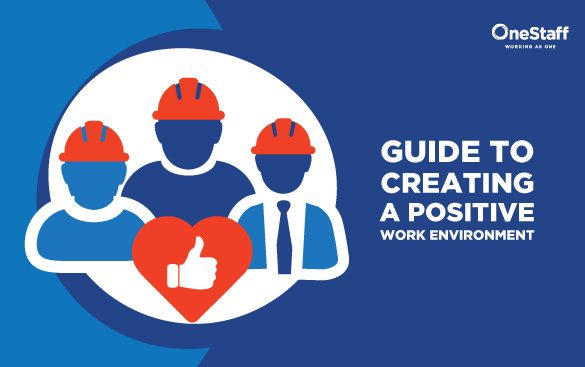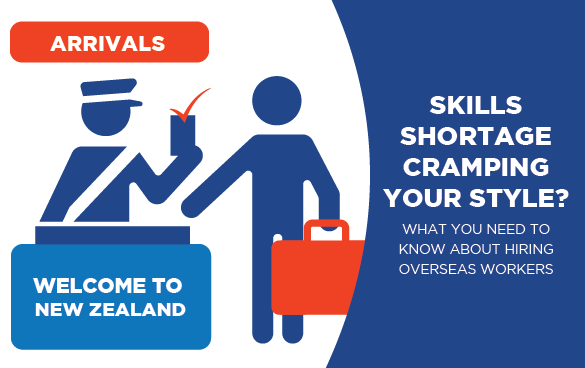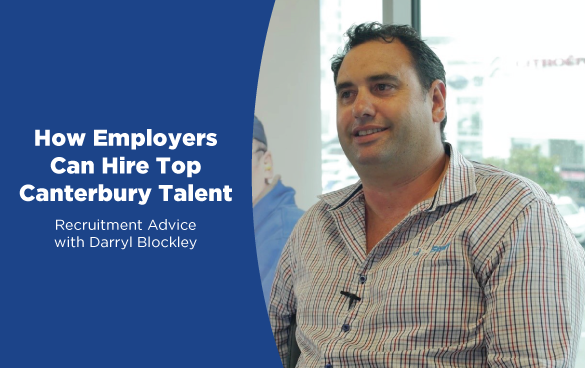Unemployment has risen significantly in recent months and in some sectors, particularly junior roles within the Construction, Industrial, and Manufacturing industries, the war for talent has become a war for jobs.
 “But isn’t having too many applicants a good thing?” you ask. While there are certainly advantages to having plenty of candidates available, as anyone in recruitment will confirm, handling too many applications can be just as challenging as too few. A high volume of applicants means more work for employers that do their hiring in-house, many of whom have not had to contend with screening candidates at scale in the past. And despite the increase in jobseekers on the market, we are still seeing talent shortages for a large number of roles, indicating that a high volume of candidates doesn’t necessarily mean that more of them will be suitable.
“But isn’t having too many applicants a good thing?” you ask. While there are certainly advantages to having plenty of candidates available, as anyone in recruitment will confirm, handling too many applications can be just as challenging as too few. A high volume of applicants means more work for employers that do their hiring in-house, many of whom have not had to contend with screening candidates at scale in the past. And despite the increase in jobseekers on the market, we are still seeing talent shortages for a large number of roles, indicating that a high volume of candidates doesn’t necessarily mean that more of them will be suitable.
Luckily, there are things you can do now, even in a high unemployment market, that will allow you to find the right fit faster and easier. Here’s our advice on how to handle high applicant volumes.
Hone Your Job Descriptions
If you are getting tidal waves of applications for your roles, your job descriptions may not be direct or specific enough. A clear and targeted criterion will help to deter unqualified candidates, increasing the chances that the applications you receive will be from people that actually meet the role prerequisites.
You can address this by creating a more accurate set of requirements to guide the job description and use it when reviewing applications. Here are some key ways to hone your pool of applicants:
- Be straightforward and precise when detailing the minimum requirements and deal–breakers for the role – this will help to filter out unsuitable candidates.
- Include additional nice-to-haves to further reduce the number of unqualified people that apply.
- Convey the realities of the role to candidates by describing a typical day or week and detailing key expectations and responsibilities.
Keep in mind that when you’re working with a recruiter, they will always present you with a streamlined shortlist, but improving your brief will help them find you the best possible fit.
Include a Unique Application Requirement
In the age of the internet, it’s easy for jobseekers to apply to a large number of opportunities with the click of a button using generic CVs. By adding a unique element to the application process that requires additional time and effort, you can weed out the people that aren’t truly serious about the role. Depending on the nature of the job and industry, this could take the form of a question they must answer when they apply (for example, “What attracted you to this role?” or “Describe the top three traits that you believe make you a good fit for this position”), or perhaps you might ask them to submit a short video introducing themselves.
This approach will help to ensure you receive fewer, higher-quality applications.
Refine Your Hiring Process
It’s important to consider that while your current hiring process may have worked well before, it might not be as effective in today’s market. A lengthy process with many steps, multiple rounds of interviews, and numerous people involved in decision making can exacerbate the work that already comes with a high volume of applicants, and potentially even lead to you missing out on the best people if they lose interest.
There are some simple ways to refine your hiring process, including:
- Focusing your screening – As we mentioned above, know your role criterion, keep it consistent and stick to it.
- Shortening the hiring timeline – Obvious as it sounds, the longer the process, the more applicants you’re likely to get. Consider shortening the deadline for in-demand roles and tightening up your internal schedule.
- Removing unnecessary steps – Take out anything that could slow down the process unreasonably and conflate steps where appropriate (e.g. by requesting referee details at the application stage rather than later on).
Get Recruitment Support
While the mountain of job applications can be overwhelming, the good news is that you don’t have to go it alone. With the right support in your corner, having too many applicants for your role can be an advantage, not a burden. Whether it is dealing with the overwhelming number of applications or seeking candidates for hard-to-fill roles, the help of a specialist recruitment agency can be hugely beneficial – alleviating the legwork you have to do, saving you time and money, and allowing you to focus on more value-added work. From perfecting the job description to streamlining the application process, recruiters are well-versed in strategies for hiring in candidate-saturated markets and will only present you with people who are a good fit for the role.
Our team of experienced recruitment consultants are extremely knowledgeable about the New Zealand market and know how to spot the best people in the talent pool, regardless of its size. If you’d like Construction, Industrial and Manufacturing recruitment support, temporary or permanent, get in touch with your local OneStaff branch today and let us take the stress out of the process.










